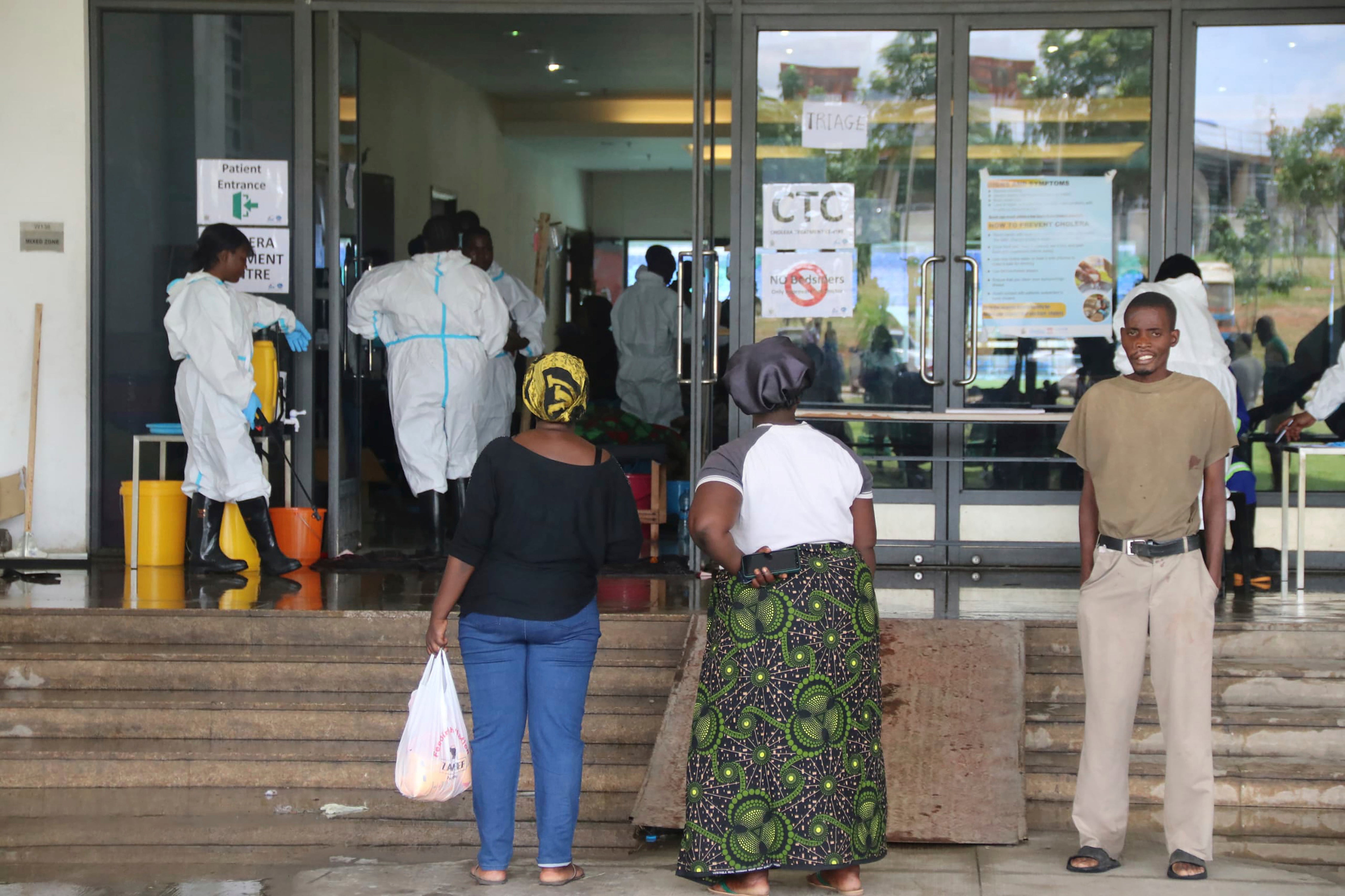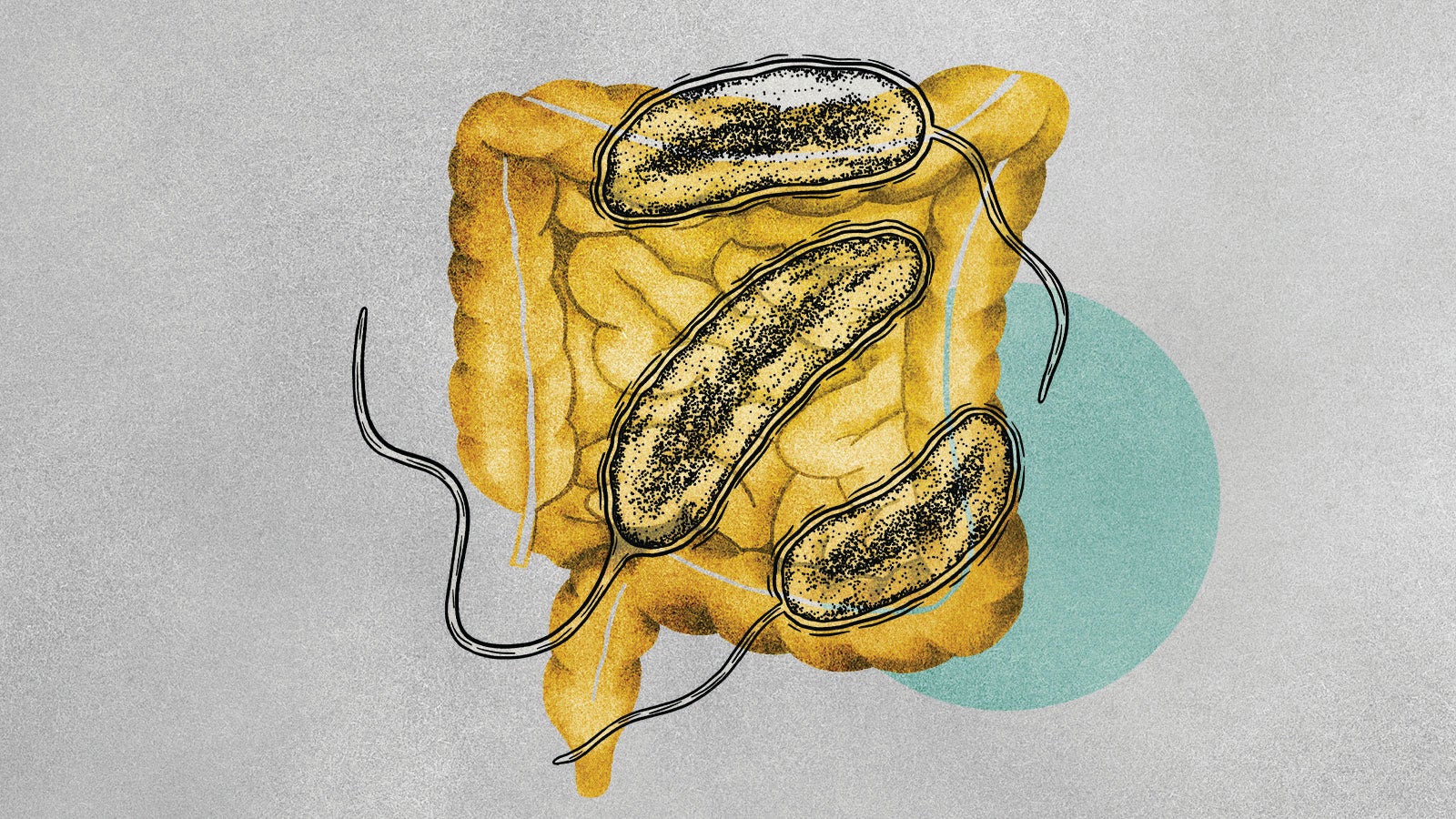Your support helps us to tell the story
From reproductive rights to climate change to Big Tech, The Independent is on the ground when the story is developing. Whether it's investigating the financials of Elon Musk's pro-Trump PAC or producing our latest documentary, 'The A Word', which shines a light on the American women fighting for reproductive rights, we know how important it is to parse out the facts from the messaging.
At such a critical moment in US history, we need reporters on the ground. Your donation allows us to keep sending journalists to speak to both sides of the story.
The Independent is trusted by Americans across the entire political spectrum. And unlike many other quality news outlets, we choose not to lock Americans out of our reporting and analysis with paywalls. We believe quality journalism should be available to everyone, paid for by those who can afford it.
Your support makes all the difference.The emergency global stockpile of cholera vaccines is empty with countries battling major outbreaks, two United Nations agencies have warned.
The rest of this year will see a predicted shortfall of at least 50 million doses between demand and supply, a UNICEF official added, as cases continue to surge worldwide.
’The stockpile is empty’, said Philippe Barboza, cholera lead at the World Health Organization (WHO), the U.N’s health agency.
The acute shortage of cholera vaccines has been an issue since at least October 2022, when the WHO recommended using only one dose, rather than two, to stretch out the stockpile it jointly manages with other health agencies.
But the recent surge in cases, particularly in countries including Zambia and Zimbabwe, has put even more pressure on the scarce supply.

In January alone, 40,900 cases and 775 deaths were reported from 17 countries, the WHO said in an update on the global cholera situation released on Monday.
Cholera can kill within hours without treatment, although it can also cause mild or no symptoms. Children under five are at particular risk.
The disease is caused by a bacteria spread in contaminated food and water, and access to clean water and sanitation are important to stop the spread. But vaccines are also a life-saving tool.
How people catch cholera
According to The NHS
You can catch cholera from:
- drinking unclean water
- eating food (particularly shellfish) that’s been in unclean water
- eating food that’s been handled by an infected person
There is currently only one WHO-approved producer making cholera vaccines for global use, South Korea’s Eubiologics Co, although efforts are underway to expand the pipeline.
UNICEF’s deputy director of immunization supplies, Andrew Jones, said around 2.5 million doses of the vaccine were currently available monthly, with around 40 million in total expected this year. However, the demand is expected to be between 90 and 100 million doses for both outbreak response and preventative campaigns in 2024, he said.
Barboza said some countries are not requesting doses because they are aware there are none left.
Those that do ask are often unlikely to get their requested amount. Zambia requested 3.3 million doses of vaccine, but only 1.9 million were allocated on Feb. 7.
Jones said the agencies managing the stockpile had to ’prioritize those requests... that are expected to save the most lives.’

Join our commenting forum
Join thought-provoking conversations, follow other Independent readers and see their replies
Comments